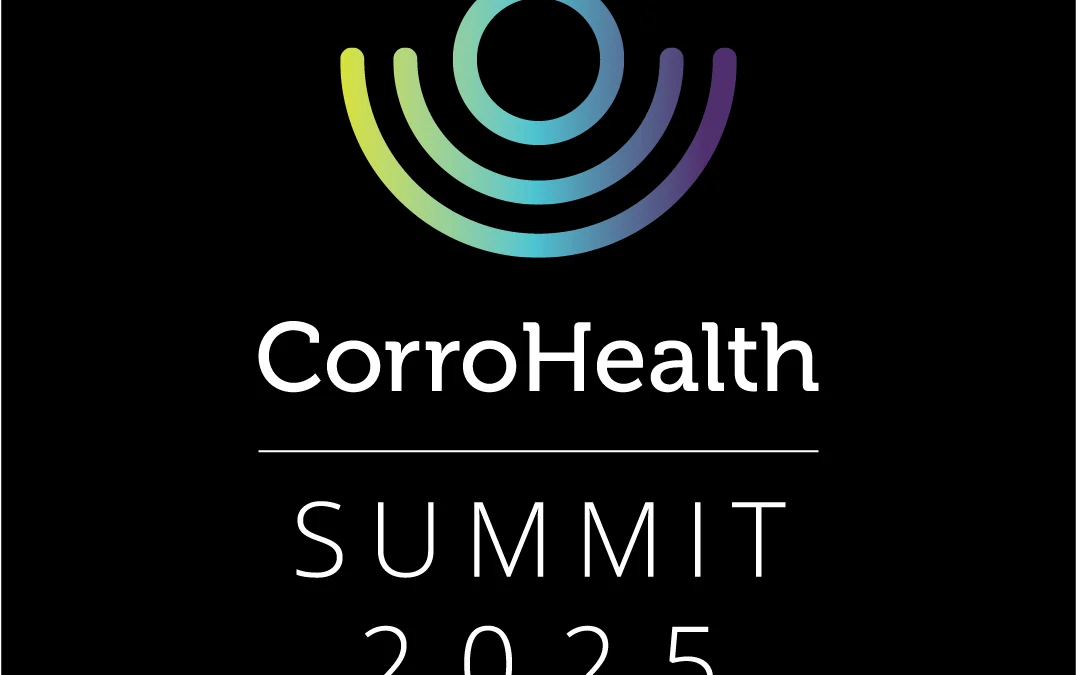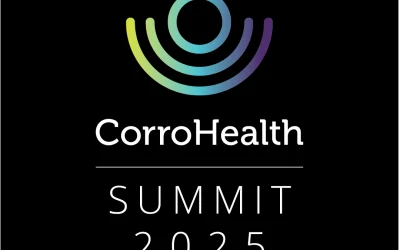Streamlining Compliance with the No Surprises Act
Understand Provider-Payer Responsibilities
The No Surprises Act (NSA) is a new law that protects patients from unexpected medical costs. It was enacted in 2021 and came into enforcement in 2022. It has two distinct patient protections: price transparency and protection against surprise medical bills. The act ensures patients can get care without financial stress, helps resolve disagreements between healthcare providers and insurance companies, and ensures providers get paid promptly. This is achieved by enacting patient price transparency, resolving disputes, and limiting balance billing. Both providers and payers have a responsibility to comply with the law.
Patient Price Transparency and Protections Against Surprise Medical Bills
Patients have the right to know their out-of-pocket expenses before receiving healthcare services. Uninsured or self-pay patients should receive a Good-Faith Estimate (GFE) and those with commercial insurance should receive an Advanced Explanation of Benefits (AEOB) within 1-3 days of scheduling a procedure or inquiring about the cost. This ensures everyone understands what is covered and their out-of-pocket costs before receiving care.
The Healthcare Provider’s Responsibilities
Since the No Surprises Act came into effect, providers must adhere to several requirements, including price transparency, limits on balanced billing, and disclosures.
- Good Faith Estimates Must Be Issued – The No Surprises Act requires all state and certified healthcare providers to give uninsured and self-pay patients a good-faith estimate (GFE) of service costs before receiving them. The GFE must be issued within one day for services scheduled within three to nine days. If the service is scheduled more than nine days out, the GFE must be issued within three days. The issue date can be a postmark stamp or an electronic time stamp.
- Advanced Explanation of Benefits (AEOB) – the provider and health plan will work together to provide an insured patient with an AEOB when scheduling non-emergent services or inquiring about the cost of a specific service.The provider will issue a GFE to the health plan which will use that information to calculate an AEOB to be issued to the patient.
- Patient Consent for Balance Billing – When not prohibited from balance billing, the out-of-network facility or the out-of-network co-provider within an in-network facility may present the patient with a Notice and Consent to waive balance billing protections. CMS composed a standard Notice and Consent form which must be used and presented to the patient at least 72 hours in advance of a scheduled non-emergent service or at minimum 3 hours when presented after the patient is stabilized from an emergent condition.
- Publish Notices & Disclosures – By regulation, all patients have the right to understand their payment terms before receiving care. For uninsured and self-pay patients, their right to receive a GFE must be posted within the provider’s facilities and on their websites, and they must verbally inform patients of their rights. Insured patients’ protection against surprise medical bills should also be posted and the disclosure notice must be presented to the patient with each visit before requesting copayments or submitting claims.
The Payer’s Responsibilities
The payer is responsible for providing prompt payments and creating a clearly defined method for resolving conflicts among healthcare providers and insurance companies. This includes creating an appeals process for reimbursement denials. The payer also has to provide an Advanced Explanation of Benefits and offer transparency in coverage determination to ensure that every patient and provider knows what’s covered before treatment.
- Provide Timely Payments – The No Surprises Act requires payers to pay for or deny a provider’s claims within 30 days of receiving a bill. Any payment should include an explanation of benefits.
- Give An AEOB – The payer must give patients an explanation of benefits before any non-emergent service is rendered, providing a full breakdown of services covered and the patient’s financial responsibility. This includes details on deductibles, copayments, coinsurance, annual out-of-pocket limits, lifetime maximums, and more.
- Offer A Dispute Resolution Process – Health plans are required to participate in negotiations with a provider when they are requesting additional reimbursement. Providers who disagree with a payment or denial of a claim can use this process to submit an appeal for reconsideration, to which the payer has 60 days to respond. If the provider and the payer cannot agree on a resolution, the dispute can be submitted for independent dispute resolution (IDR) through an approved provider. Before initiating a dispute, there is a legislative process that involves a negotiation period between the payer and provider and a regulated fee structure.
- Increase Transparency – Health insurance companies must keep their provider directories up to date every 90 days and update changes within two business days of receiving provider updates. They must also respond to inquiries about a provider’s network status within two business days, retaining those communication records for at least two years. Additionally, they have to display a website directory with information on their contracted providers, provide information on balance billing protections, offer a price comparison tool online, and provide guidance via phone. Payers’ insurance cards must list deductibles, out-of-pocket maximums, and contact information for assistance. The No Surprises Act ensures that insurance companies are held to the same standards as providers to protect patients from unexpected medical bills.
The Cost of Non-Compliance
Enforcement is in full force by the Centers for Medicare & Medicaid Services (CMS), issuing 730 warning notices as of April 2023 for non-compliance in price transparency. They have also imposed civil monetary penalties on four hospitals, with the largest fine being as much as $883,180 with $102,660 being the smallest fine so far. Enforcements in Balance Billing protections are underway, with GFE and Advanced EOB enforcements coming as soon as the infrastructure is in place.
The No Surprises Act is a crucial step to ensure that all patients receive fair treatment and providers are reimbursed for their care promptly. As such, providers and payers must understand their responsibilities and comply with the act to protect patient rights and avoid fines.
NSA Compliance Support & Tools
CorroHealth’s NSA Co-Provider Portal simplifies the compliance process with an easy-to-use interface, streamlining communication between convening facilities and co-providers, creating and delivering GFEs and Notice and Consent (when not prohibited and balance billing is desired) and centralizing documentation. We want to ensure that all providers can access the necessary documents and information to comply with laws quickly and efficiently. As a result, healthcare providers can focus more energy on providing patients with quality care while keeping their organization fully compliant with the NSA.
The NSA Co-Provider Portal is just one of the many tools CorroHealth offers to help providers stay on top of their compliance efforts. Our team of experts is here to provide support and answer your questions so that your organization can completely comply with the No Surprises Act. Book a discovery call with CorroHealth to learn how we can help you achieve compliance.
















